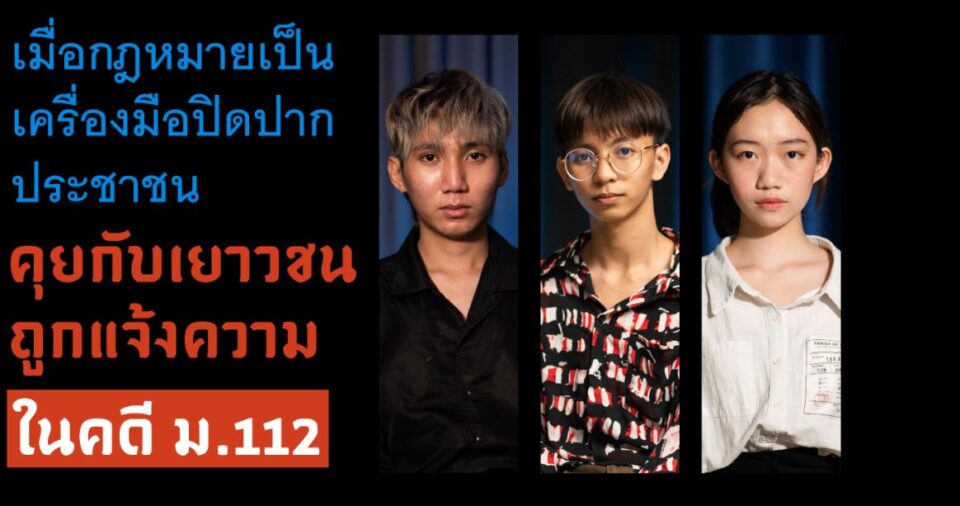Authorities in Thailand have filed charges against a 16-year-old girl for allegedly posting two messages on Facebook two years ago that were derogatory to the monarchy, fueling a heated discussion about whether the statute allowing her arrest needs to be changed.
Thai Lawyers for Human Rights, a legal advocacy group, released a statement saying that police in the northern province of Phitsanulok charged the girl on Monday with breaking the Computer Crime Act and the Lese Majeste Law. Her initial summons from the police were made in 2021 when she was 14 years old, according to information released on Wednesday, making her the youngest person in Thailand to be charged with the crime.

Insulting the monarch, his immediate family, or the regent is under Thailand’s lese majeste statute, also known as Article 112 of the Criminal Code. Doing so carries a three- to 15-year prison sentence.
The fact that anyone, not only members of the royal family, can report a crime to the police has made it a contentious topic for a long time. Critics refer to the numerous pro-democracy protestors who have been detained by Prime Minister Prayuth Chan-ocha’s administration as evidence that the law is frequently exploited as a tool to suppress political opposition.
In the general election held on Sunday, the topic came up because the two largest opposition parties expressed a desire to see the law changed. After a coup in 2014, Thailand has been dominated by conservative-leaning parties, who advocate keeping it that way.
The most popular party, Move Forward, has made a reform-reducing amendment and has been more outspoken in its calls for change. Its stance is viewed as radical by conservatives, which may harm its chances of forming a government when Parliament convenes in July to choose a new prime minister.
Thai culture has historically placed a high value on loyalty to the monarchy, which was seen as inviolable until recent years. But the prestige of the country was harmed by the acute political rifts that started to surface twenty years ago, especially among the younger generation that was looking for change.
According to Thai Lawyers for Human Rights, the girl who was charged on Monday rejected all allegations and was given bail by the provincial juvenile court. It stated that the police initially chose not to charge her, but later received guidance from the district attorneys to do so. Considering that she is a minor, The Associated Press will not name her.
Since November 2020, when Prayuth’s administration was dealing with mass demonstrations by student-led groups calling for more democracy, including monarchy reforms, at least 244 persons have been charged for lese majeste in 264 incidents.According to the lawyers’ association, four of the at least 19 kids accused of the crime during that time were under the age of 15, at least.
The charges of lese majeste were brought against a 15-year-old girl who was detained in Bangkok in March. As she watched a graffiti artist who wrote a message on the wall of Bangkok’s Grand Palace being taken into custody, she was detained by police.
Since being jailed at a juvenile detention facility in Nakhon Pathom province, west of Bangkok, she has been accused with lese majeste for taking part in a political protest last year that called for the repeal of the law when she was 14 years old.
Widespread condemnation was leveled at the girl’s arrest and lengthy detention by both domestic and foreign human rights organizations. Last month, Human Rights Watch urged the authorities to dismiss the allegations against the woman and free her right away.
Human Rights Watch’s Asia director, Elaine Pearson, said that the detention of the 15-year-old girl sends a worrying message that even young people might face severe punishment for voicing their ideas.
She was lawfully arrested and detained, according to a statement last week from the Central Juvenile and Family Court in Bangkok.
The girl is still detained amid worries that she would be forced to leave her school, which began a new term on Tuesday.




